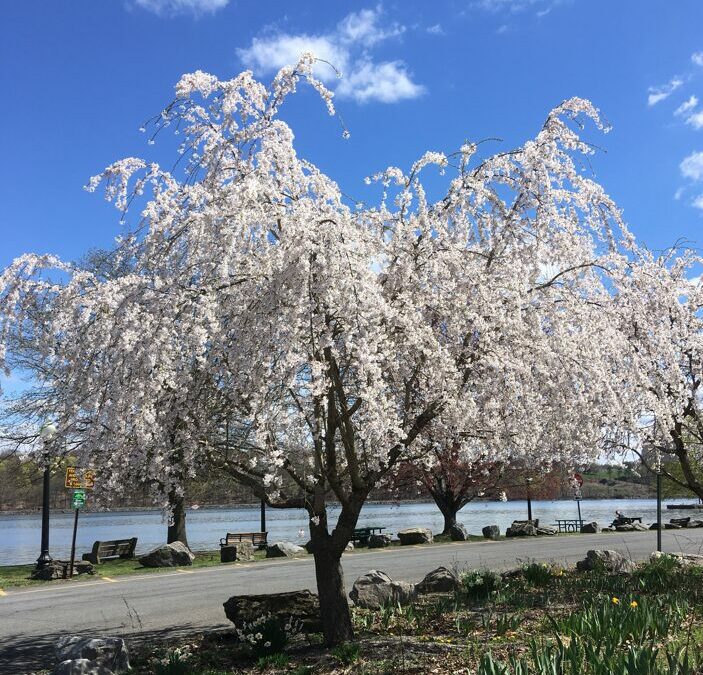“Trees Matter” is a movement or initiative that underscores the critical importance of trees to our environment, communities, and overall well-being. This concept is rooted in the understanding that trees are not just aesthetic elements of our landscape but are vital components of our ecological system with far-reaching benefits. The “Trees Matter” initiative focuses on several key areas to advocate for the protection, preservation, and proliferation of trees. Here’s an overview of what “Trees Matter” is all about:
Environmental Impact
Trees play a crucial role in combating climate change by absorbing carbon dioxide (CO2), a major greenhouse gas, from the atmosphere during the process of photosynthesis. They release oxygen back into the air, providing the essential element that all humans and animals need to breathe. Trees also improve air quality by filtering pollutants from the air, helping to clean the environment.
Economic Benefits
Trees contribute significantly to the economy by providing raw materials for various industries, such as lumber for construction and pulp for paper production. In urban environments, trees can increase property values, reduce energy costs by providing shade in summer and acting as windbreaks in winter, and attract tourism and business by beautifying communities.
Social and Health Benefits
Trees have a profound impact on social well-being and public health. They create serene and aesthetically pleasing environments, which can reduce stress and improve mental health. Green spaces with trees are essential for recreation and physical activity. Studies have shown that neighborhoods with abundant trees have lower rates of certain health issues, including heart disease, obesity, and respiratory problems.
Biodiversity and Habitat
Trees support biodiversity by providing habitat, food, and protection for a wide range of species, including birds, insects, and mammals. The diversity of tree species in an area contributes to a healthier and more resilient ecosystem capable of withstanding pests and diseases.
Urban and Community Forestry
The “Trees Matter” initiative often focuses on urban forestry, which involves the management and care of tree populations in urban settings for the purpose of improving the urban environment. Urban forestry practices aim to maximize the benefits trees offer to urban residents, including reducing heat island effects, managing stormwater runoff, and enhancing the livability of cities.
Advocacy and Education
“Trees Matter” movements engage in advocacy, public education, and community involvement to raise awareness about the importance of trees. They encourage local, national, and global efforts to plant and maintain trees, protect existing forests, and implement policies that support sustainable management of trees and forest resources.
Action and Participation
The initiative invites individuals, communities, organizations, and governments to take part in tree planting and maintenance activities, adopt green practices, and support legislation that protects and promotes tree growth.
In essence, “Trees Matter” embodies a comprehensive approach to recognizing and advocating for the critical role trees play in sustaining the health of our planet and enhancing the quality of human life. It calls for a collective commitment to not only appreciate the value of trees but also to take actionable steps toward their conservation and proliferation.

